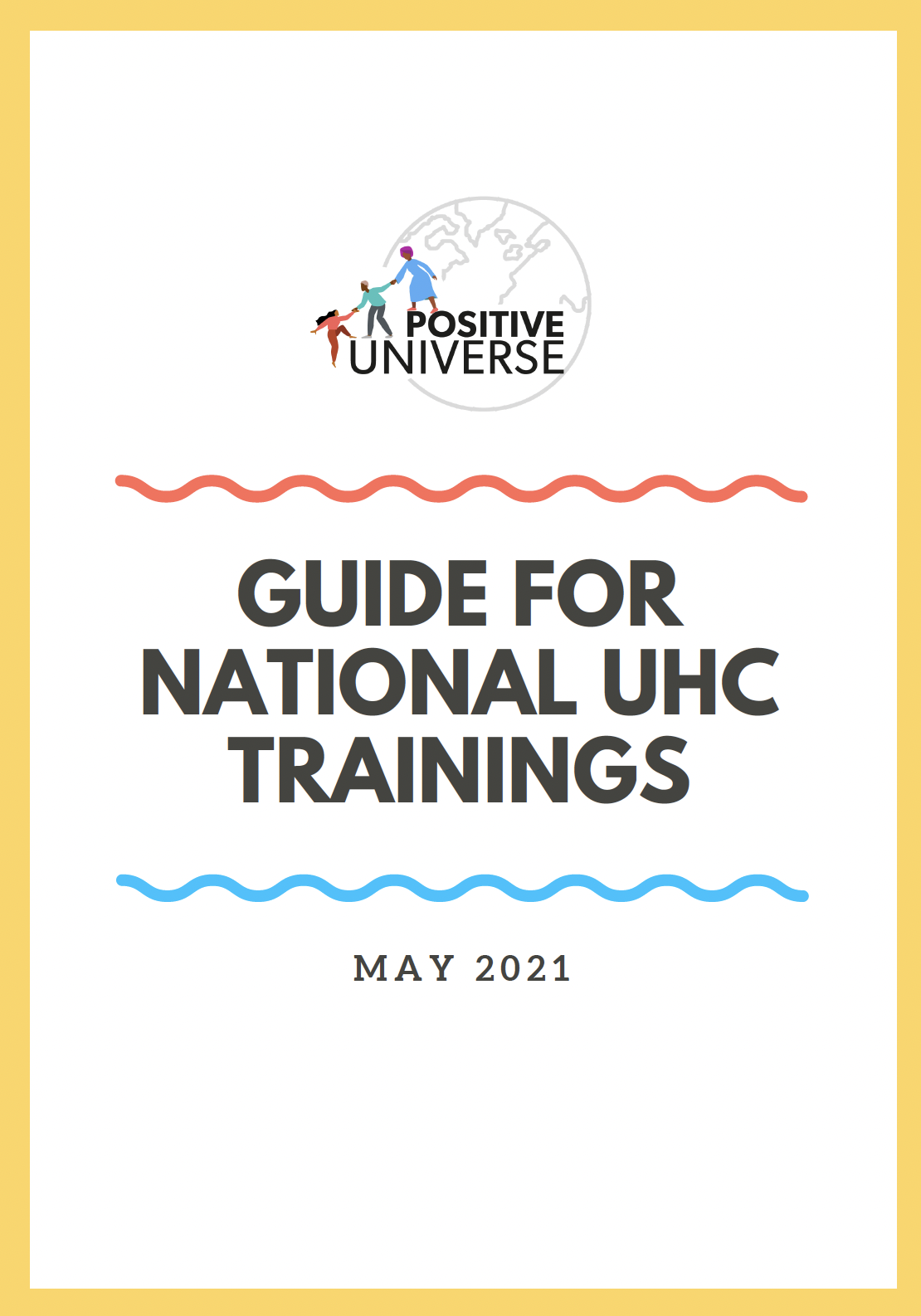The Global Network of People Living with HIV (GNP+) 2022 Annual Report. The annual report captures the performance and achievements of GNP+ and our partnership in 2022.
Download report HERE.
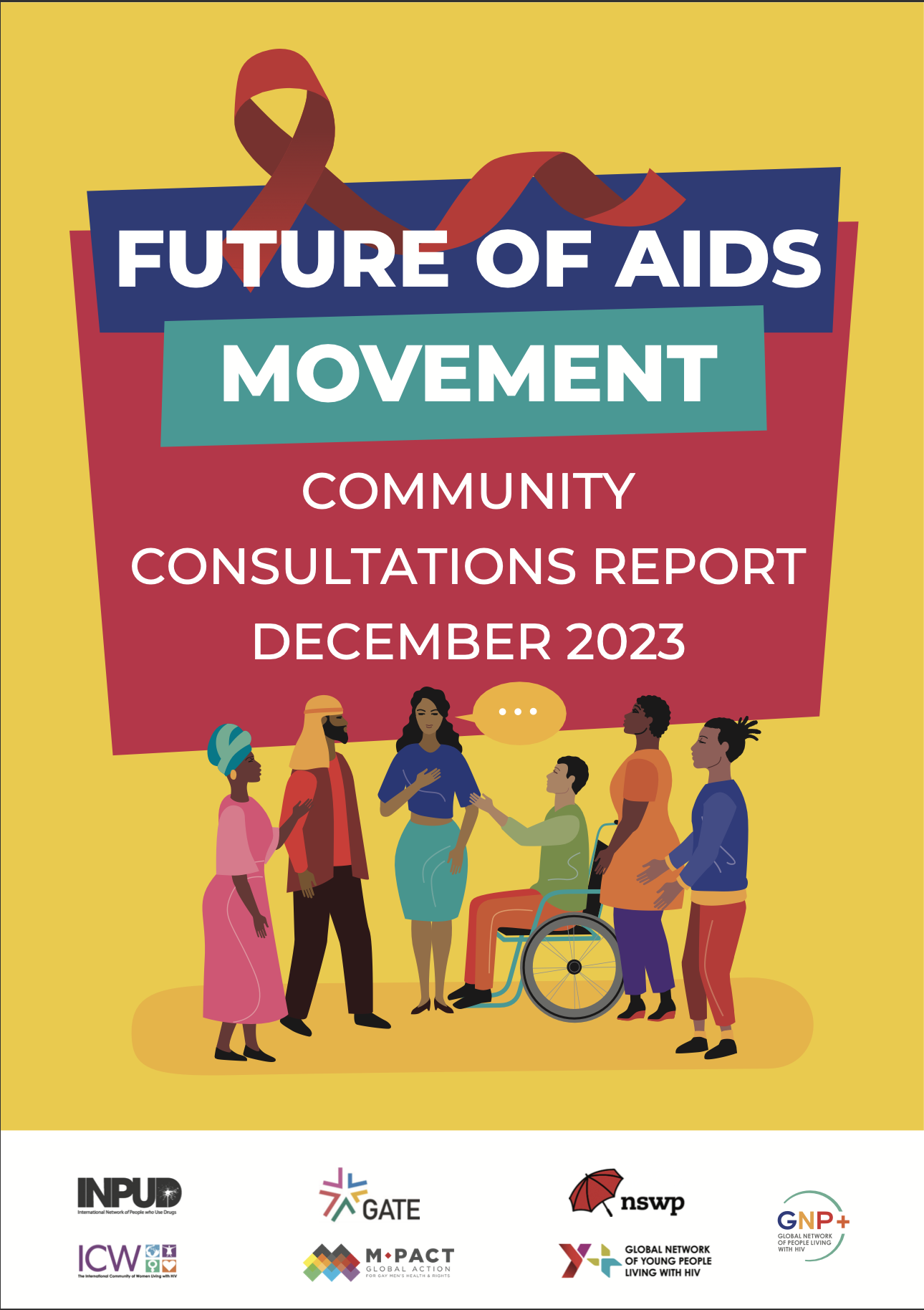

The Global Network of People Living with HIV (GNP+) 2022 Annual Report. The annual report captures the performance and achievements of GNP+ and our partnership in 2022.
Download report HERE.
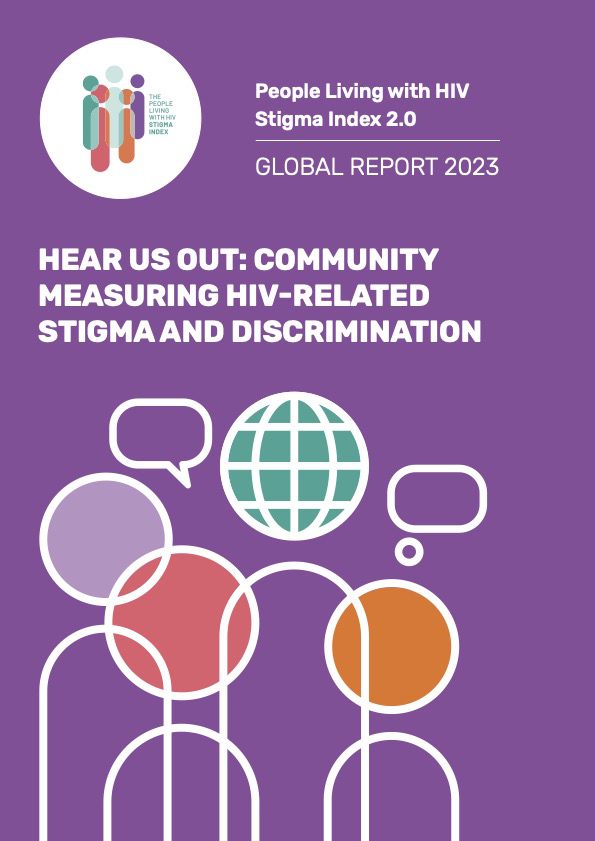
In this People Living with HIV Stigma Index Global Report 2023, we present the fruits of their labour – a tapestry woven from the experiences of over 30,000 individuals living with HIV.
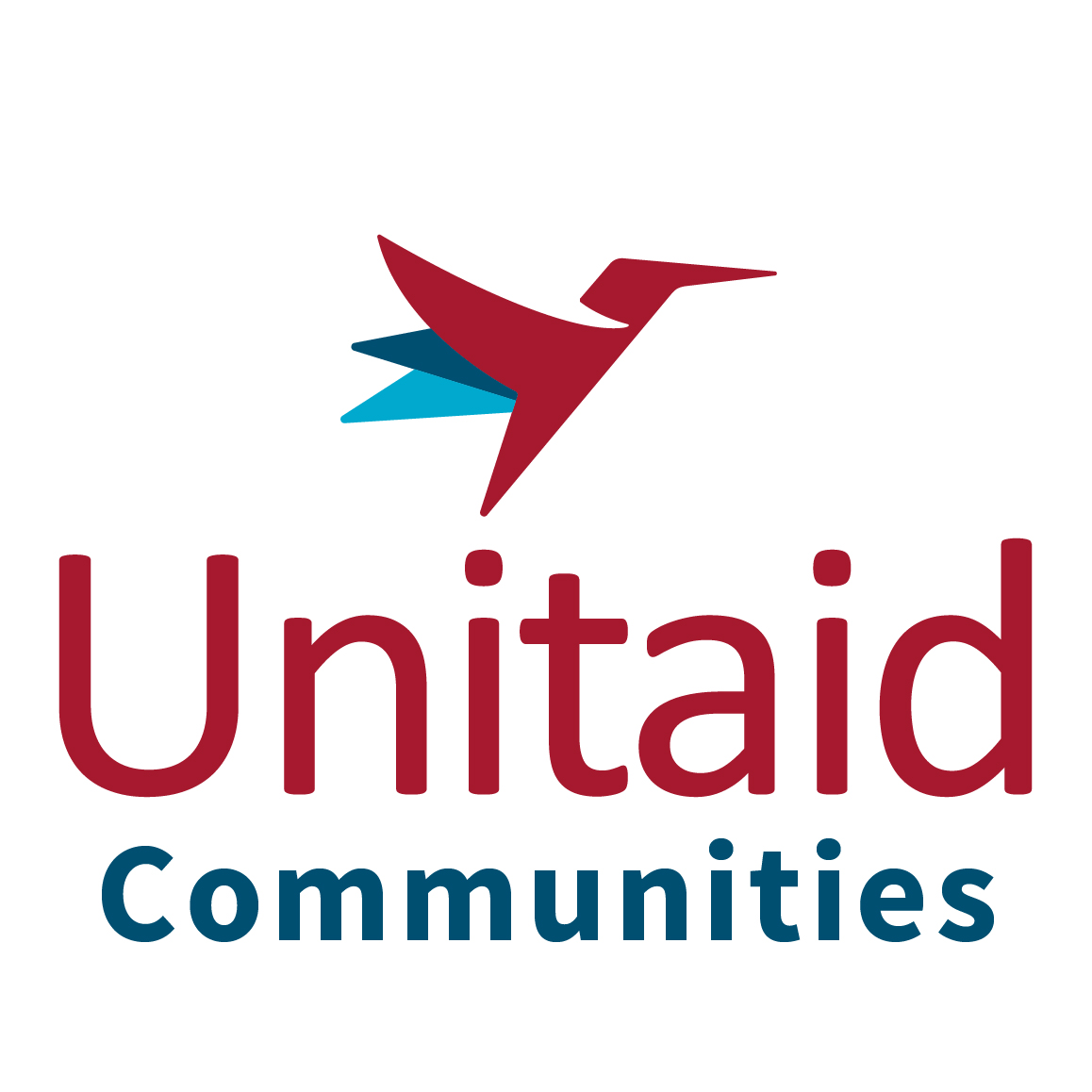
The Communities Delegation to the Unitaid Board, representing people living with the diseases, actively participated in the 43rd Executive Board session at its semi-annual meeting held on 21 and 22 November 2023 in Brasilia, Brazil. The Communities Delegation was represented by the Board member, liaison officer and four delegation members who held pre-meetings prior to the EB43 session to discuss the board meeting agenda and support the interventions of the Communities Board member to represent the voices and concerns of the communities at grass root level.
This brief report summarises the key issues discussed at the Board meeting, the Communities Delegation’s positions, and the resulting outcomes and decisions.
An advocates’ guide to monitoring stigma and discrimination reduction in the Global Partnership for Action to Eliminate all Forms of HIV-related Stigma and Discrimination! Download the guide in your language below:
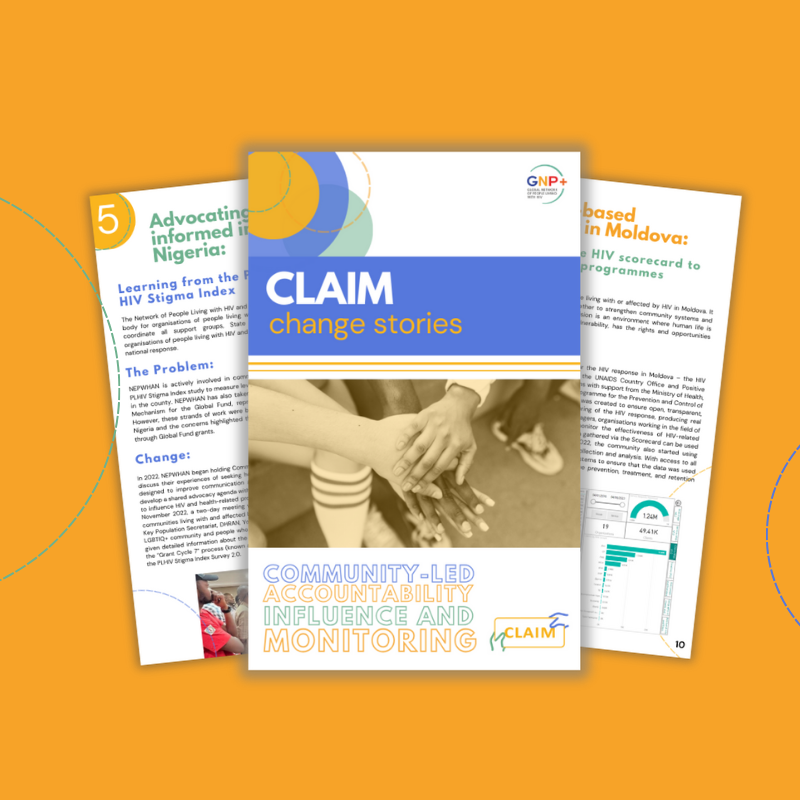
Our CLAIM programme supports people living with HIV to fully claim their space in Global Fund processes and claim their role in ensuring that Global Fund grants are developed, implemented, and monitored in ways that are effective and inclusive. It is a collaboration between GNP+ and networks of people living with HIV. These stories of change highlight some of the achievements of our CLAIM partners in Eswatini, Malawi, Moldova, Nigeria, Indonesia and Pakistan, showing how they have successfully influenced Global Fund processes and sharing the lessons they have learned along the way.
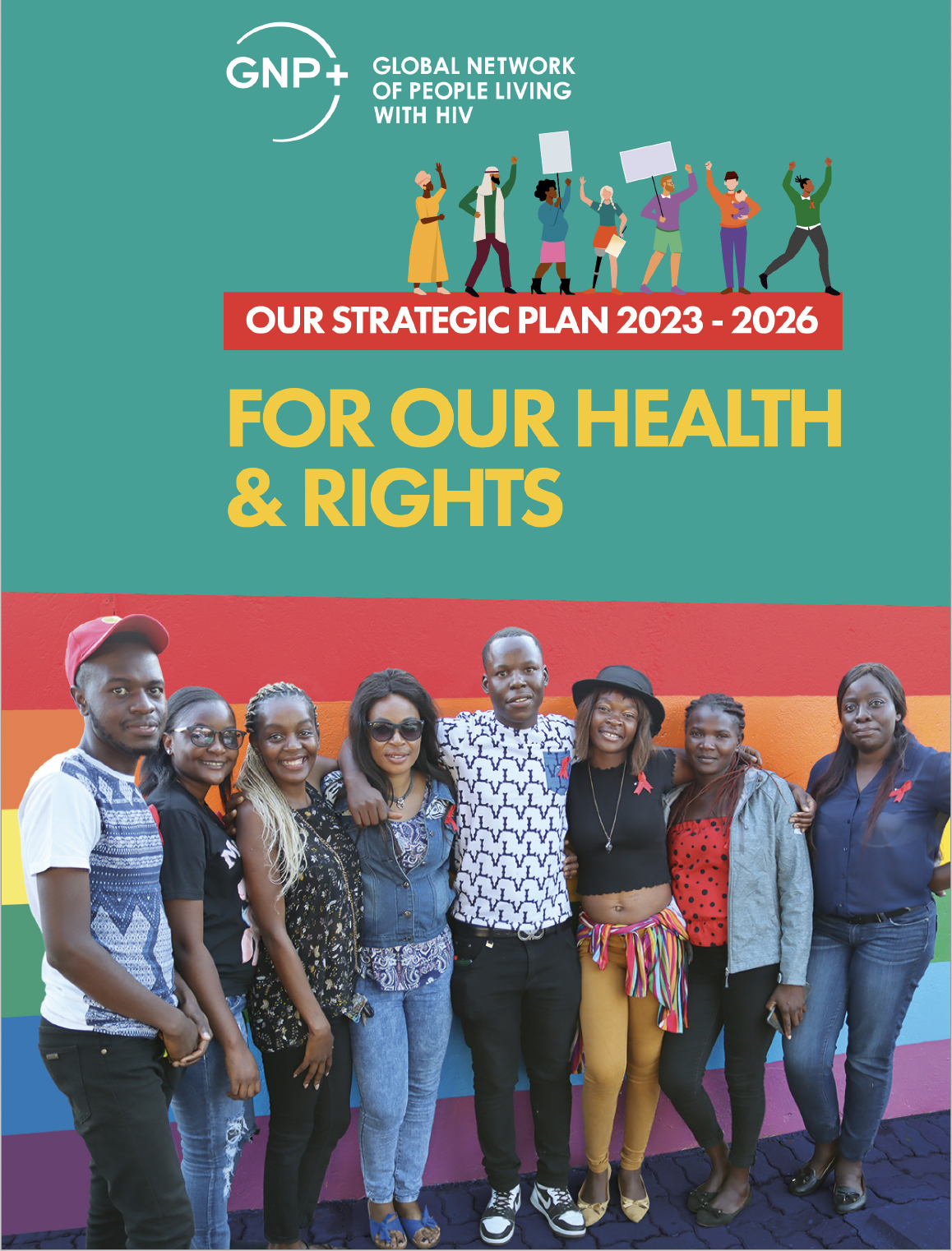
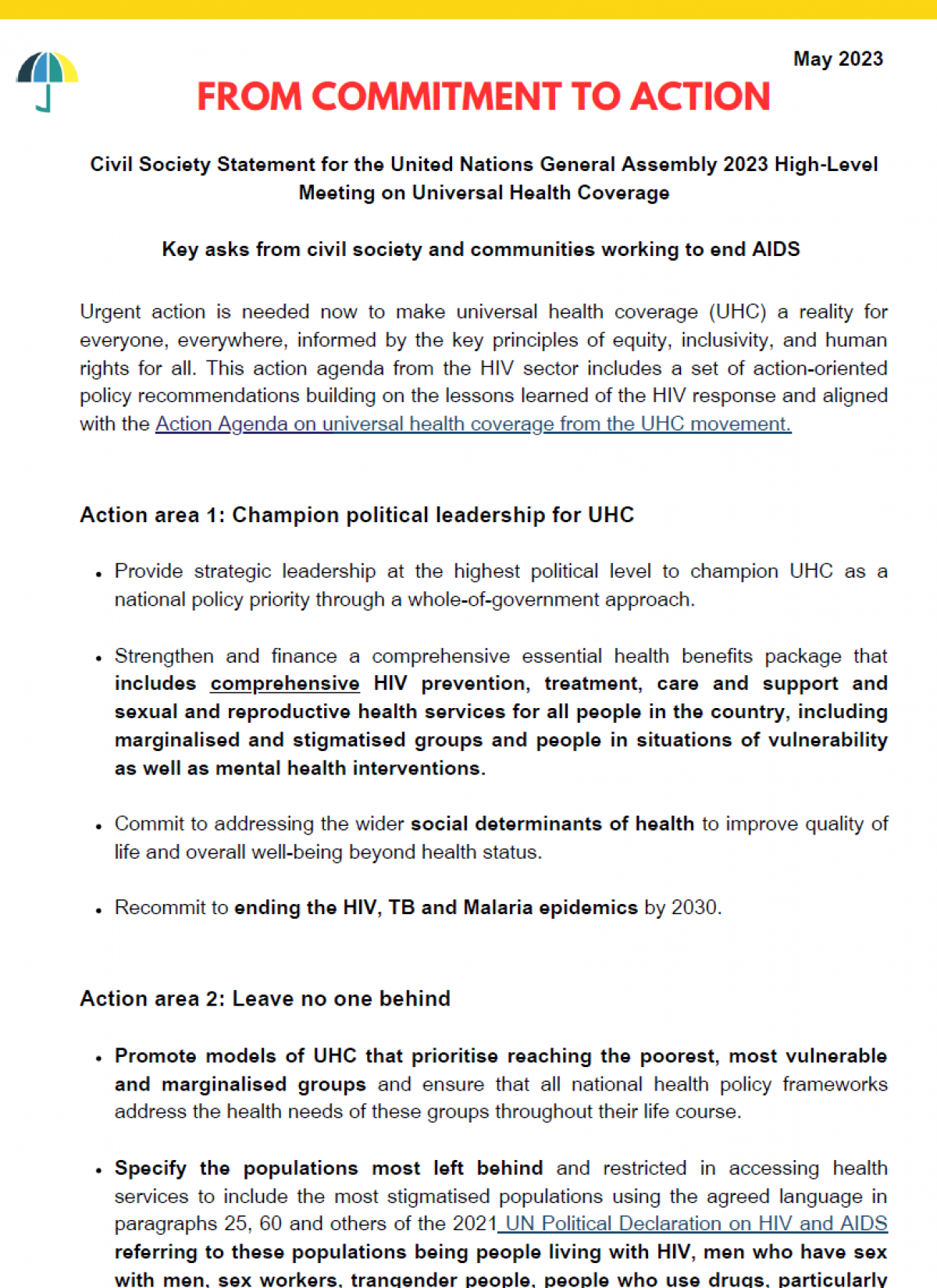
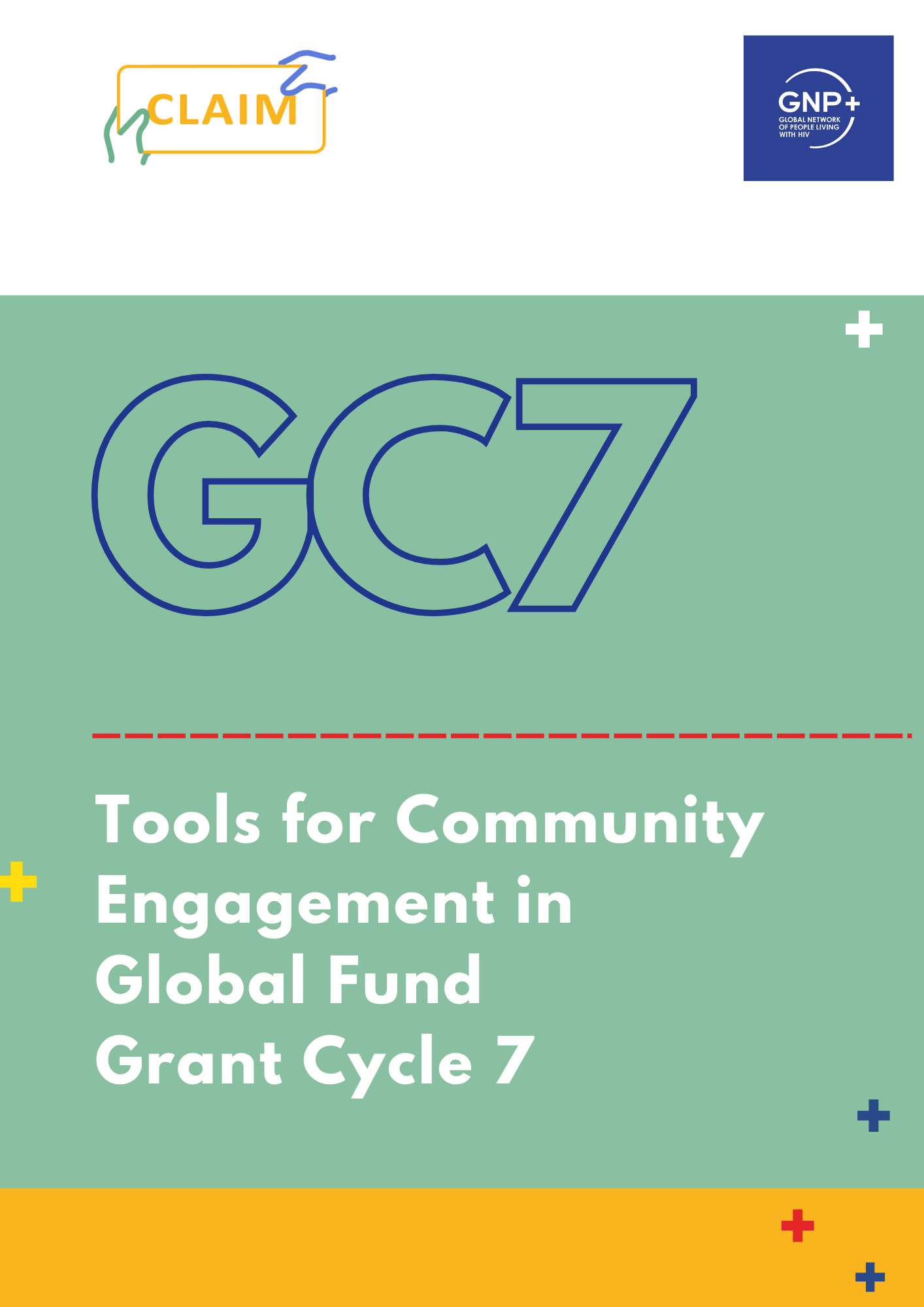
Through our Community-Led Accountability, Influence, and Monitoring programme (CLAIM) GNP+ enables people living with HIV to fully claim their space in Global Fund processes and claim their role in ensuring that Global Fund grants are developed, implemented, and monitored in ways that are effective and inclusive.
Countries are currently preparing their requests for the next round of funding from the Global Fund. This phase is called GC7 – grant cycle 7 (previously known as NFM4 – new funding model 4). We have created a series of tools to support networks of people living with HIV to engage in this process to ensure that Global Fund resources are allocated towards the interventions needed most by communities of people living with HIV.
Download the tools below:
We have joined forces because we have diverse and intersecting identities. Members of our communities may be subjected to various types of stigma, discrimination and criminalisation, and those identifying with more than one key population may face additional barriers to equality, justice, and services.
The Not A Criminal campaign seeks to mobilise multifaceted community action to hold governments, legislators and policymakers accountable to their global commitments to ensure access to health and respect human rights.
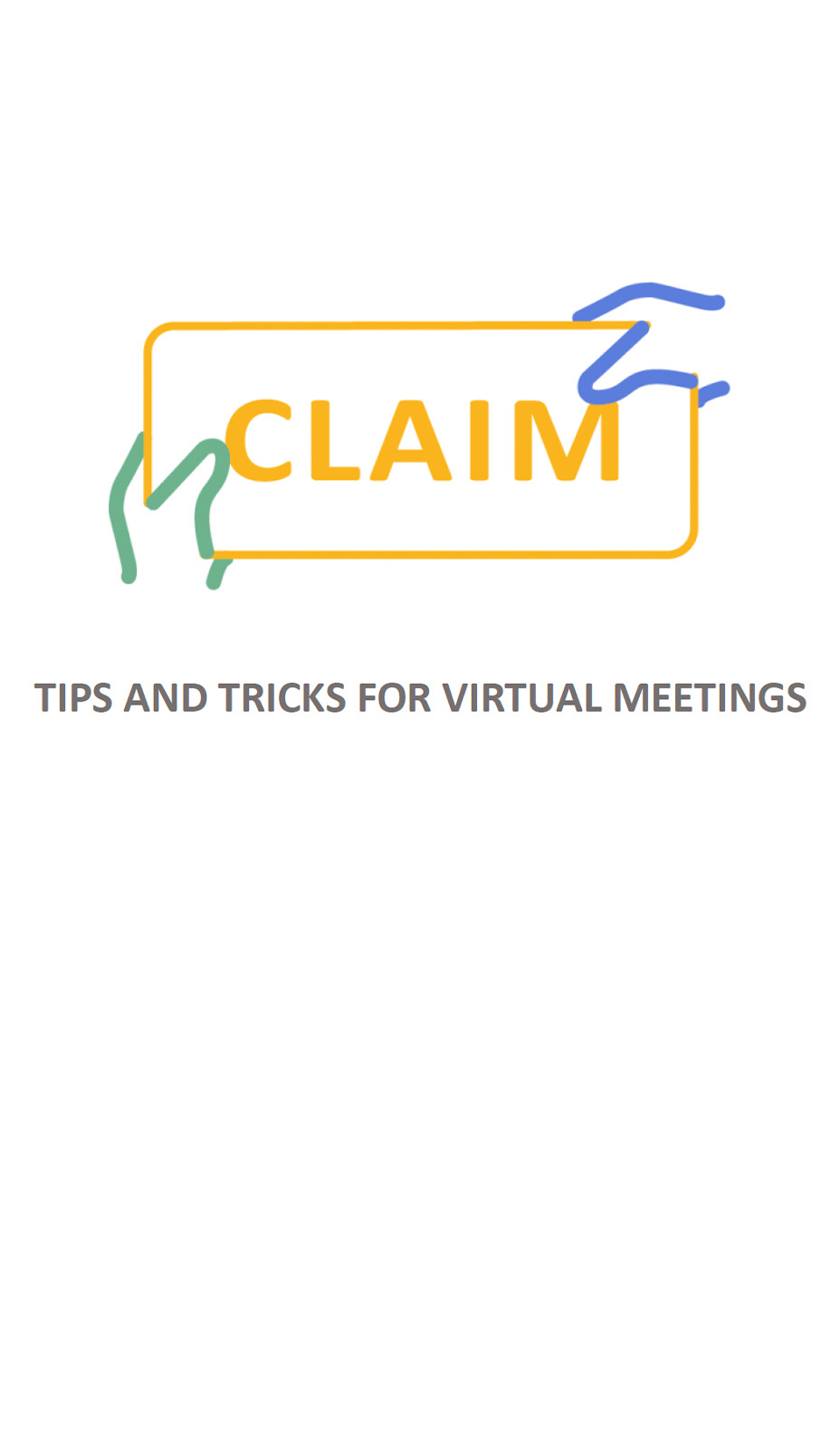
Through our Community-Led Accountability, Influence and Monitoring programme (CLAIM) GNP+ enables people living with HIV to fully claim their space in Global Fund processes and claim their role in ensuring that Global Fund grants are developed, implemented and monitored in ways that are effective and inclusive. This tool has been created to support networks of people living with HIV to hold virtual meetings.
Download the guide on tips and trick for virtual meetings below:
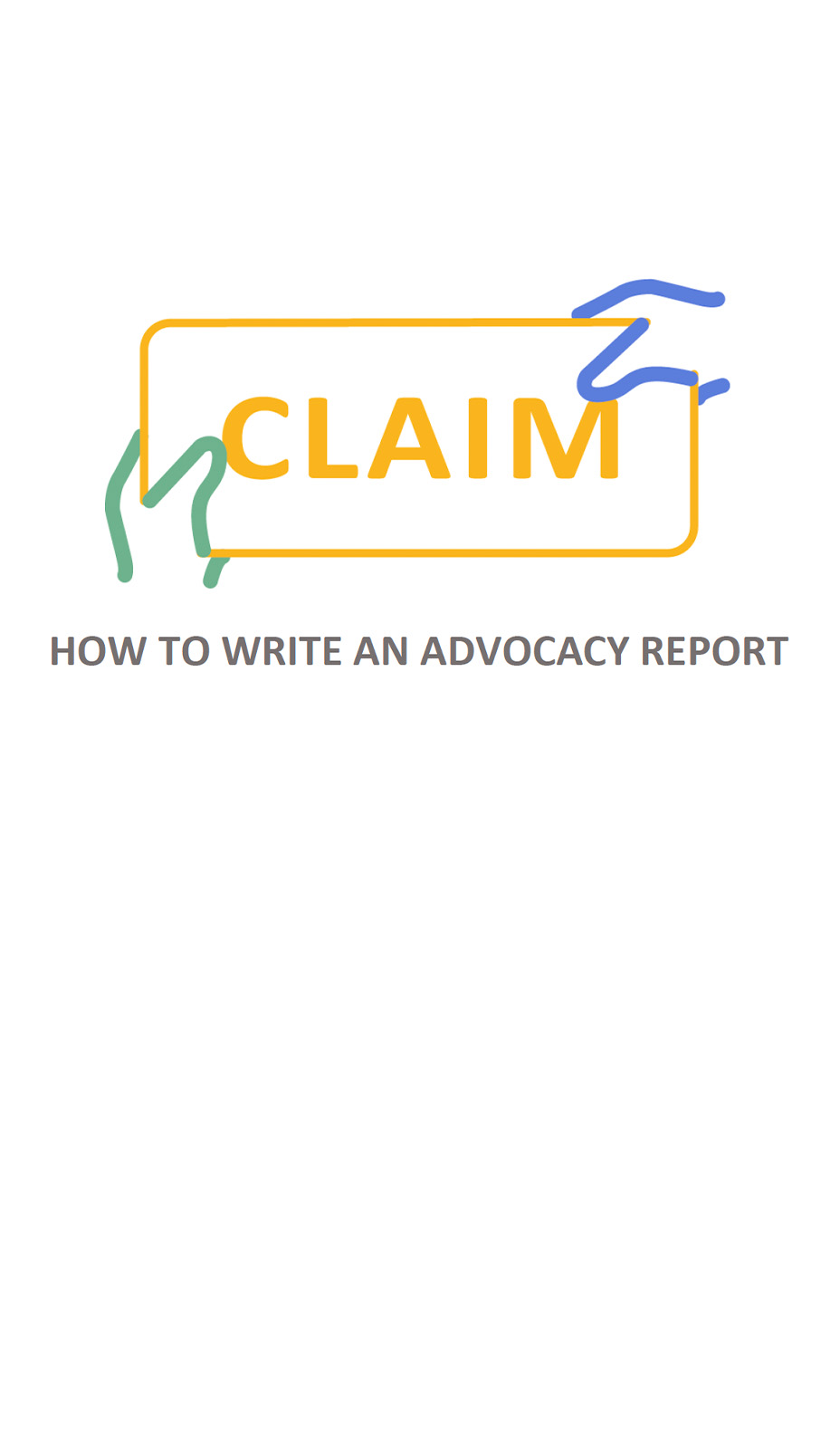
Through our Community-Led Accountability, Influence and Monitoring programme (CLAIM) GNP+ enables people living with HIV to fully claim their space in Global Fund processes and claim their role in ensuring that Global Fund grants are developed, implemented and monitored in ways that are effective and inclusive. This tool has been created to guide networks of people living with HIV to develop a report outlining a shared civil society set of priorities to use for advocacy in their country.
Download the guide on how to write an advocacy report below:
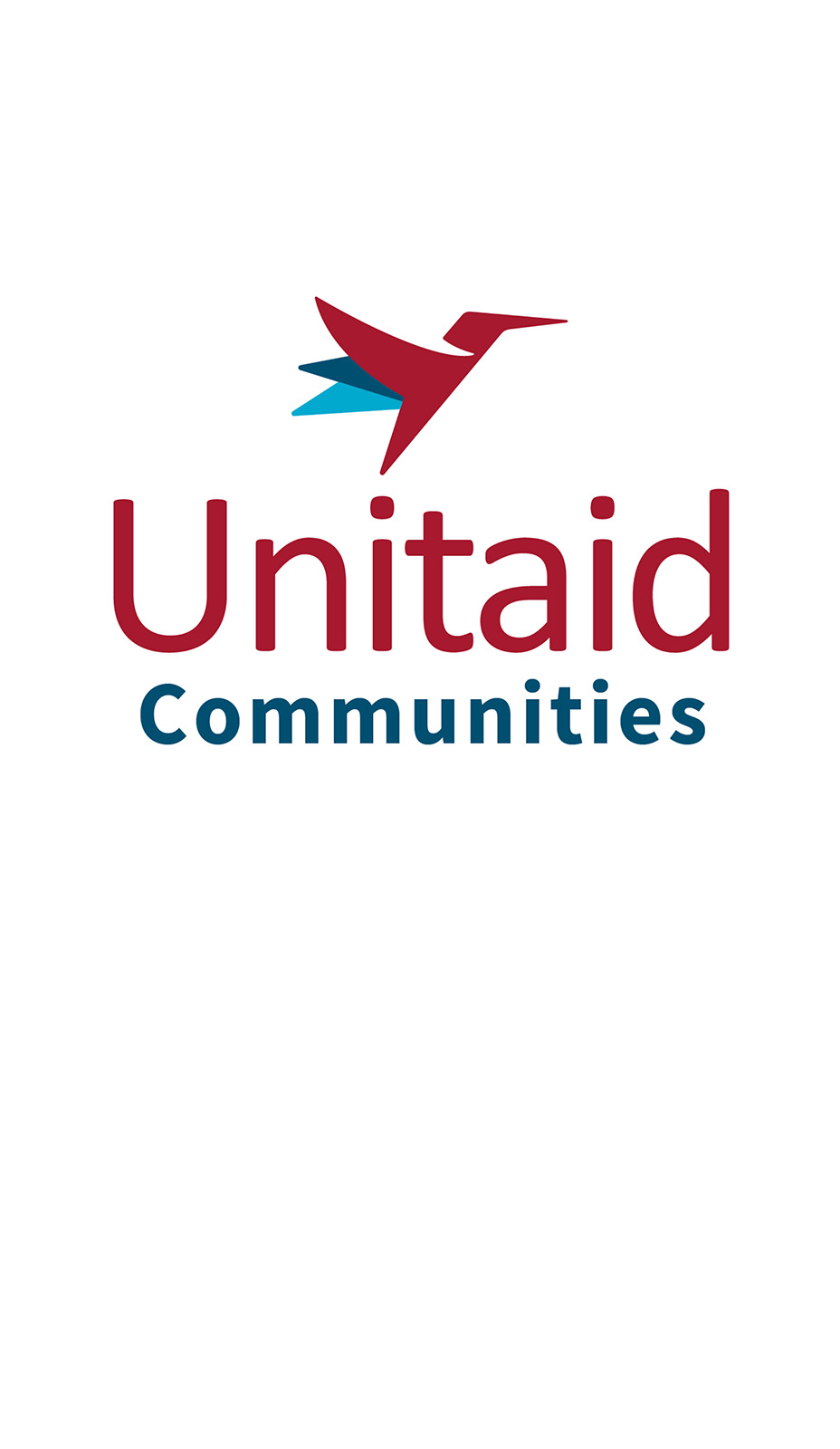
The Communities Delegation to the Unitaid Board, representing people living with the diseases, actively participated in the Executive Board of Unitaid at its semi-annual meeting held virtually, on 15 and 16 December 2021. The Communities Delegation was represented by the Board members, liaison officer, and five delegation members. Prior to the EB39 meeting, the Delegation held pre-meetings to discuss the board meeting agenda and support the interventions of the Communities Board members to represent the voices and concerns of the communities at grass-root level.
This brief report summarises the key issues discussed at the Board meeting, the Communities Delegation’s positions, and the resulting outcomes and decisions. Download below.
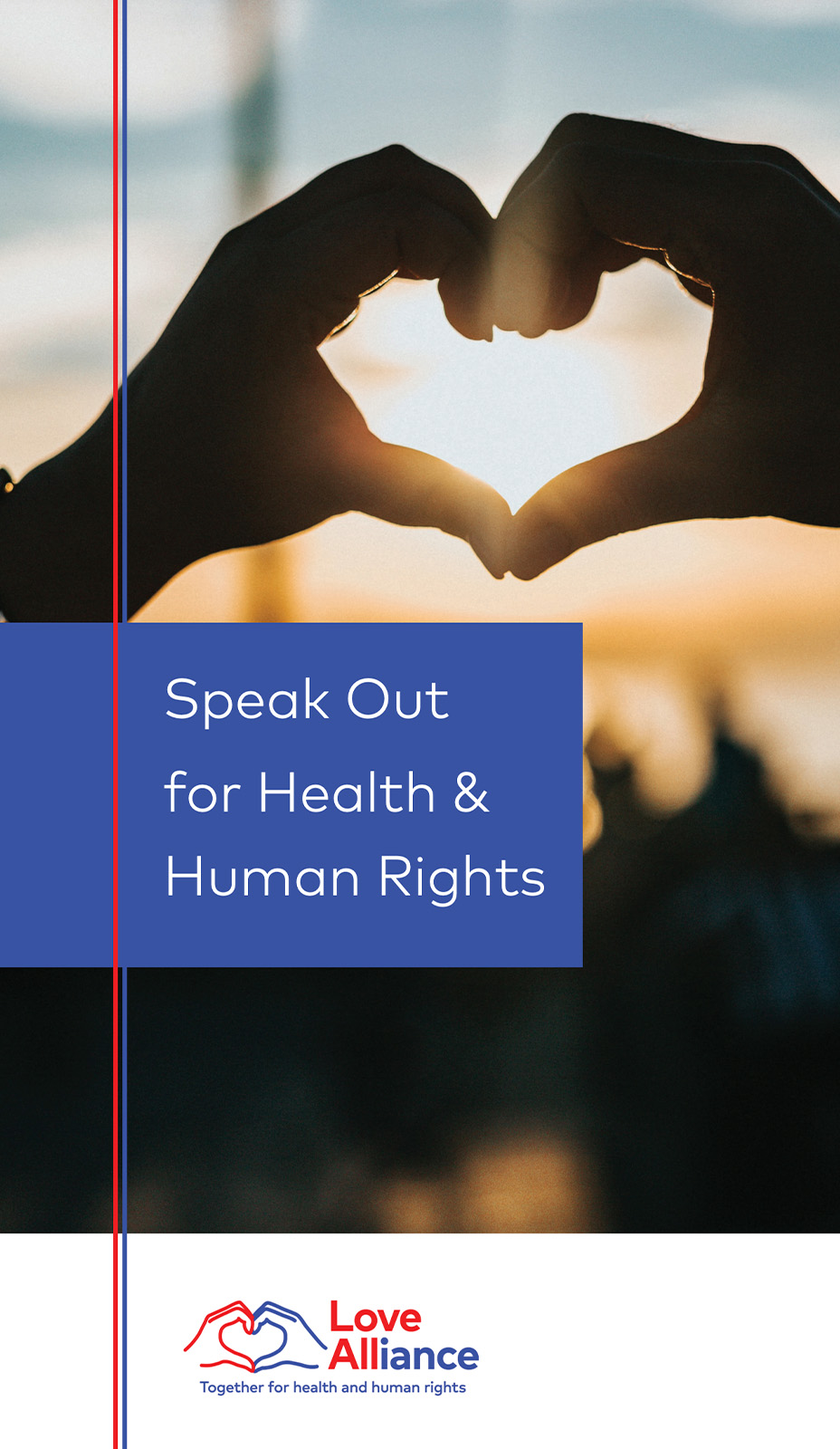
Love Alliance’s global advocacy strategy focuses on supporting and strengthening key population movements to build and organise, particularly by increasing the presence and visibility of young key populations through partnerships, and building the capacity of key population networks at national and regional levels to push governments and partners to take action to address human rights, gender equality, violence, criminalisation, stigma, and discrimination; resource community-led interventions; and realise the objectives of global policies and strategic commitments on HIV, SRHR, and UHC.
By working directly and consistently towards the 10-10-10 targets, Love Alliance’s advocacy will advance human rights and gender equality to ensure that key populations and people living with HIV enjoy their freedoms, agency, and access to health.
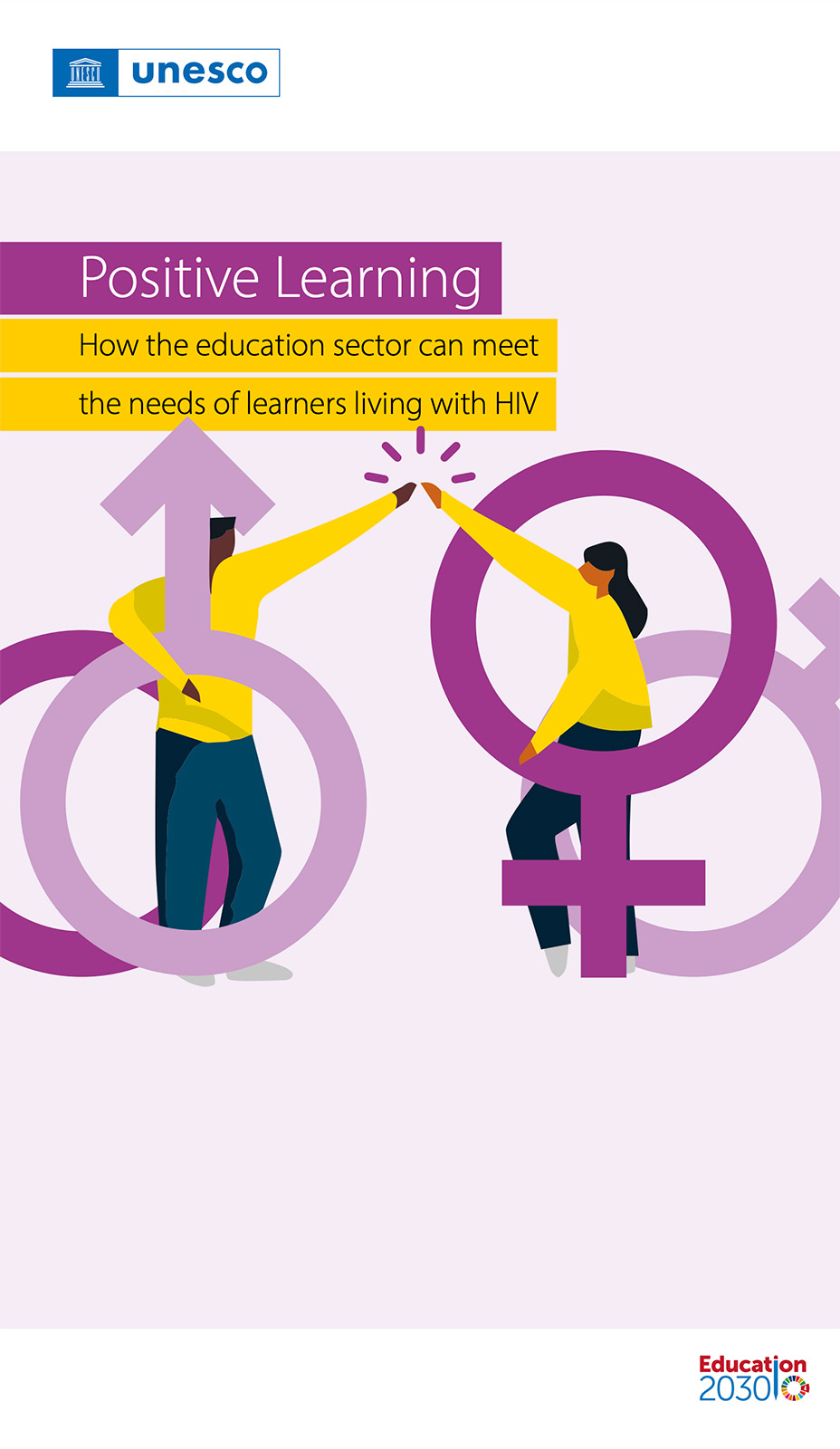
The recommendations in this briefing document build on the original Positive Learning publication developed in 2011 by UNESCO and the Global Network of People Living with HIV (GNP+). With significant changes in both the international education sector and the global HIV response over the past decade, it is now timely to update and ‘reboot’ Positive Learning to address the current daily realities for adolescents and young people living with HIV as they navigate issues such as sexuality, relationships, gender identity and expression, treatment access and adherence.
This revised and updated version is the result of a partnership between UNESCO, GNP+ and the Global Network of Young People Living with HIV (Y+ Global). Y+ Global led a review process that was inclusive, multisectoral and youth-led, underpinned by the principle of the Greater Involvement of People Living with HIV/AIDS (GIPA).
The recommendations in this briefing document seek to inform a broad range of stakeholders. They can serve, for example, as a tool to inform the review and update of national policies and curricula, as a guide for schools or teachers looking to build a more inclusive and supportive environment for learners, or as an advocacy tool for civil society organisations and youth activists.
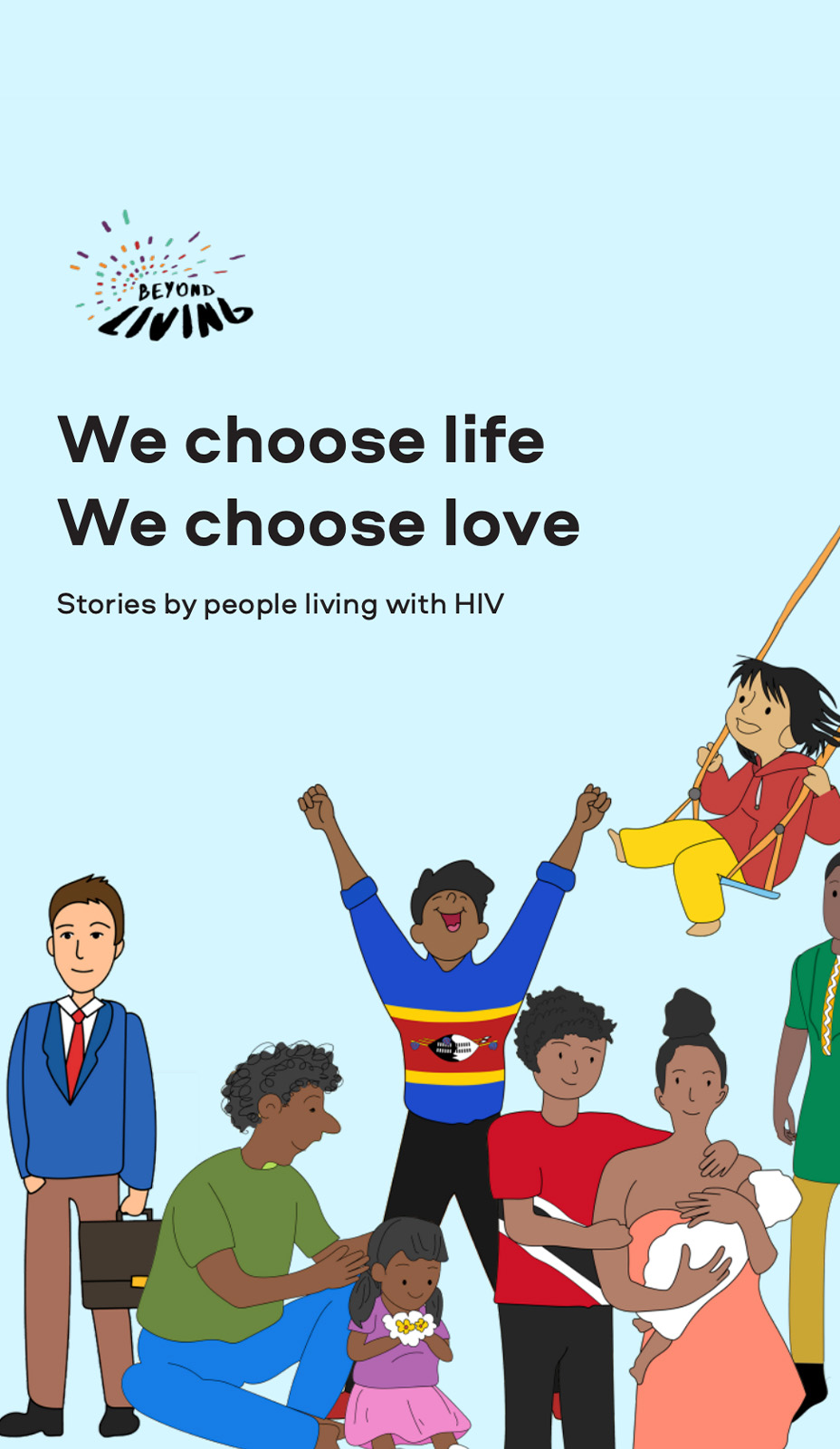
The authors of these stories are part of our 2021 Life Force. This is their first experience of writing their stories. The visuals and comic strips were also developed by one of the Life Force. The Life Force guide joint advocacy by GNP+, ICW, and Y+ Global – the global networks of people living with HIV – through our BeyondLIVING partnership.
This book brings together a collection of six stories and visuals by people living with HIV from around the world. The stories are real. As the global networks of people living with HIV, we know that these stories are not unique. From self-stigma and rejection by loved ones to being excluded from schools and workplaces, these stories capture some of the many ways people living with HIV experience stigma.
However, these stories also highlight the resilience of people living with HIV and the support and solidarity that they have found. These are stories of overcoming rejection and discrimination. They are stories of choosing to live and choosing to love. They are stories of giving back to the community and contributing to society.
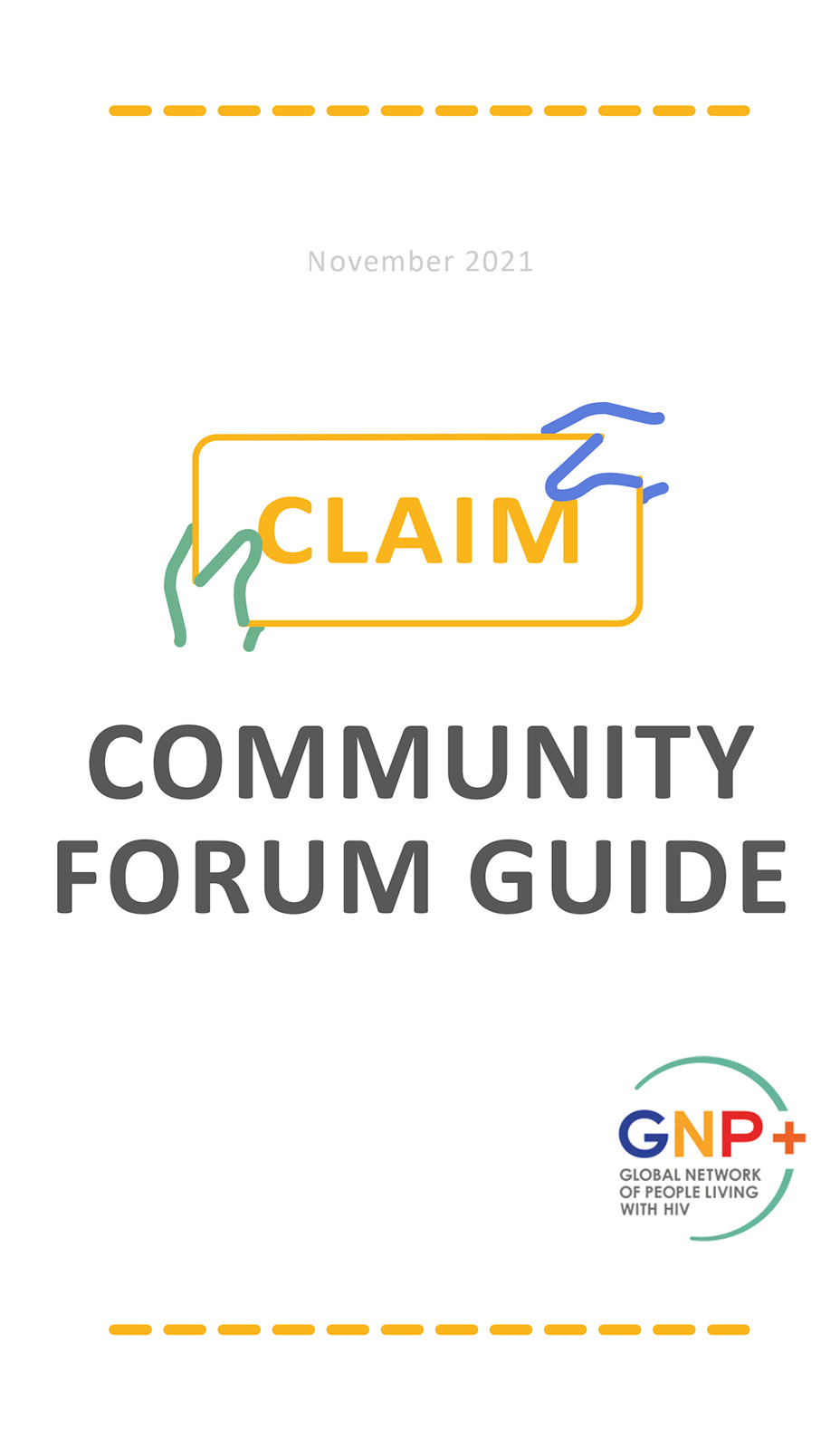
The GNP+ Community-Led Accountability, Influence and Monitoring programme (CLAIM) enables people living with HIV to fully claim their space in Global Fund processes and claim their role in ensuring that Global Fund grants are developed, implemented and monitored in ways that are effective and inclusive.
Through CLAIM, we support Community Forums to facilitate communication and coordination among people living with HIV. The main purpose of the Community Forum is to develop a shared advocacy agenda with clear priorities and recommendations that can be used to influence HIV and health-related processes, in particular those connected to the Global Fund to Fight AIDS, TB and Malaria.
This guide was developed by GNP+ to help networks to organise effective Community Forums for people living with HIV, in all their diversity.
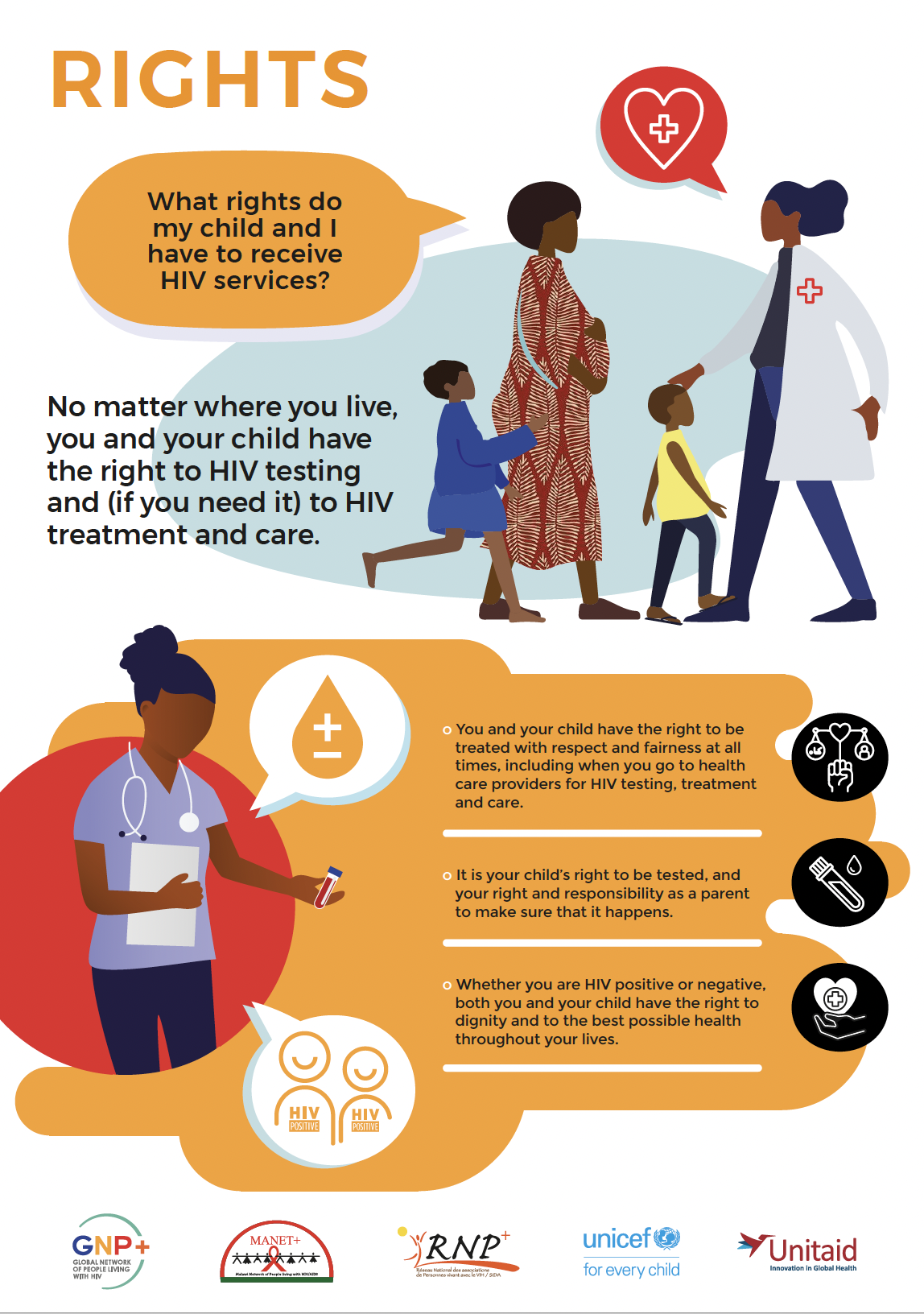
Clear, accurate information about HIV treatment is essential for parents and caregivers of infants and children.
We are delighted to share these new materials, designed for peer educators, community health workers, treatment advocates, or anyone interacting regularly with parents and caregivers living with or concerned about HIV. The posters and leaflets can serve as a guide for community awareness-raising or self-help group discussions or as a handy source of information for individual counseling sessions.
The materials cover the following themes: Rights, Testing, Breastfeeding, Treatment, Taking HIV Medicine, Talking About HIV, Stigma, and COVID-19. The key messages were developed jointly with PLHIV networks in Malawi and Senegal – MANET+ and RNP+ – and tested with communities in both countries. We are grateful for funding and technical assistance from UNICEF and Unitaid.
The materials are available in English and French – you can access them here:
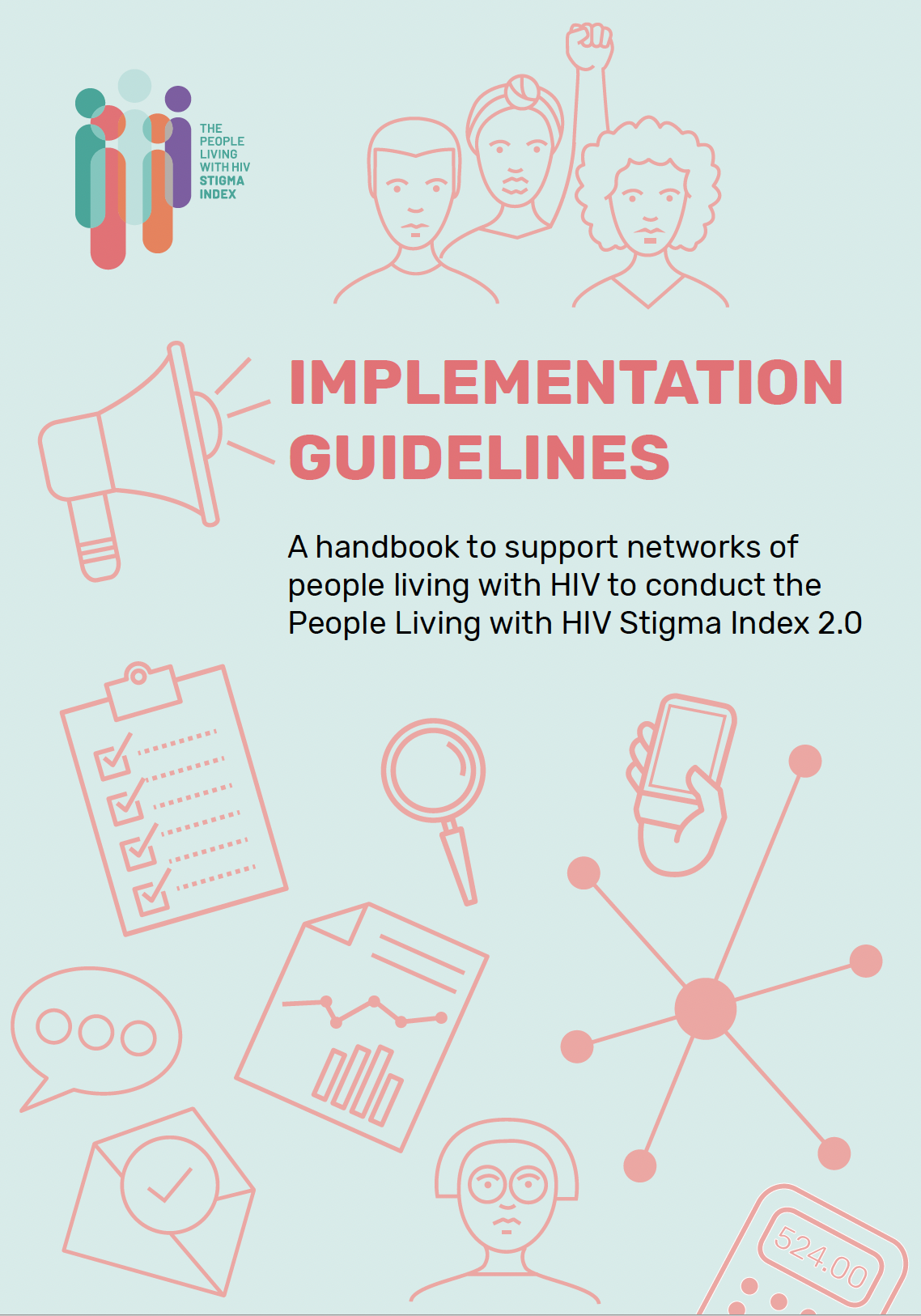
All you need to know for PLHIV Stigma Index implementation in one document!
The PLHIV Stigma Index Implementation Guidelines: A handbook to support networks of people living with HIV to conduct the PLHIV Stigma Index 2.0. The Implementation Guidelines provide step-by-step guidance on all phases of implementation and link to many helpful templates and tools that can be used throughout the process. They are now available in English, French, Russian, and Spanish.
